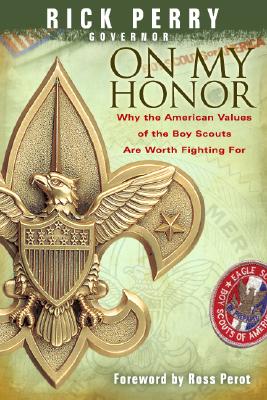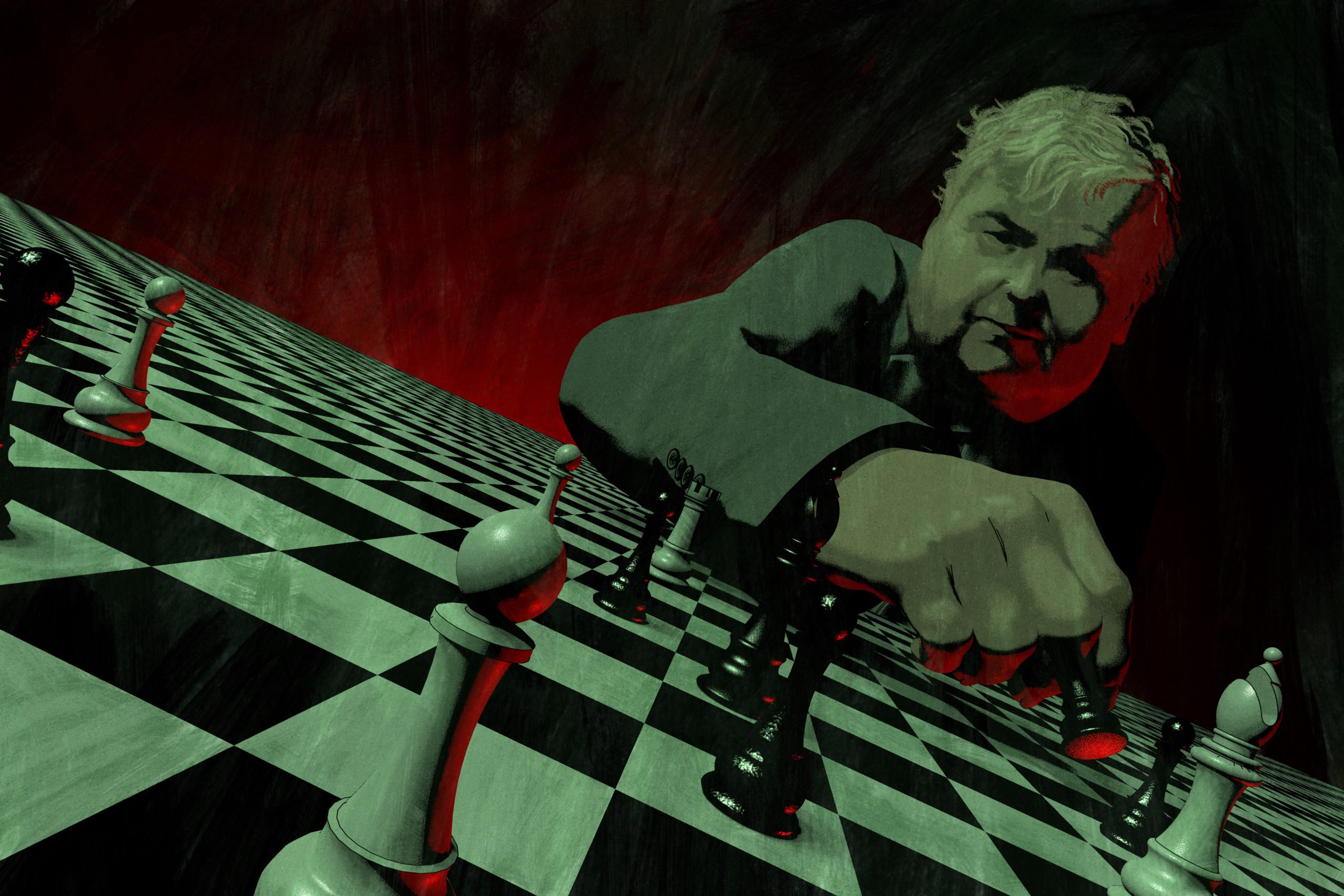
Re-reading Rick Perry’s Book on the Boy Scouts

Above: Rick Perry's first book, "On My Honor," was published in 2008
Politicians write books for many reasons—to package their Life Story™, to introduce themselves to a national audience, to signal their seriousness—but the astute ones know that a book will also help cement their legacy. So what does Rick Perry’s first book, On My Honor: Why the American Values of the Boy Scouts Are Worth Fighting For, say about his place in history?
The book, quickly forgotten after it was published in 2008, is worth looking at again given the probably inevitable but nonetheless unexpected news today that the Boy Scouts of America may reverse its long-standing ban on gay members. If the organization follows through, it will add to a long list of sweeping gay rights victories in the past few years. Perry has been one of the most prominent defenders of the Scout policy and has made a name for himself, mostly outside of Texas, for some fairly tone-deaf anti-gay remarks.
The first thing to know about On My Honor is that it’s not really just about the Boy Scouts; it’s about the “culture wars” and the “long[ing] for a place to bring us back to a simpler time” when gays existed, but kept it to themselves.
Just four years later, the book seems almost anachronistic. And it cements Perry’s legacy in one respect: as a prominent politician who doubled down on gay bashing as the nation rapidly moved the other way.
Perry tries hard not to come across as a hater, writing that he can “sympathize” with the “inner turmoil” of a man realizing that he’s gay. “I do not believe in condemning homosexuals that I know personally,” Perry writes. As to those he doesn’t know, well, that’s a different story.
Repeatedly in this book, the governor returns to the problem of “open homosexuals” and “active homosexuals,” a nod to the discredited theory advanced by evangelicals that homosexuality is a combination of “lifestyle choice” and disease. Perry writes:
Even if an alcoholic is powerless over alcohol once it enters his body, he still makes a choice to drink. And, even if someone is attracted to a person of the same sex, he or she still makes a choice to engage in sexual activity with someone of the same gender.
The problem with gays, then, is not so much their sexual desires but their choice to act on them.
Over time there have probably been a number of gay adult Scout leaders. If so, their preference has not been known because their sex lives have been a private matter. They have not discussed the subject any more than, say, a divorced father who is a Scout leader would be expected to discuss his dating patterns. Openly active gays, particularly advocates, present a problem. Because gay activism is central to their lives, it would unavoidably be a topic of conversation within a Scout troop. This would distract from the mission of Scouting: character building, not sex education.
Yet at the same time, to be gay is to be defined, totally, by your sexual desires, Perry suggests in the book
I do not believe the teaching of sexual preference fits within the parameters of Scouting’s mission. The defining characteristic of homosexuality and heterosexuality is sex. Scouting is not intended to advance a discussion about sexual activity, whether of the heterosexual form or the homosexual form.
Leaving aside the logical fallacy in this argument—if heterosexuals are defined by the fact that they prefer members of the opposite sex, should straight Scoutmasters not disclose their marriages lest they “advance a discussion about sexual activity”?—the nub of the thing here is that gay people are not whole individuals.
Gay-bashing of this sort isn’t dead—Lt. Gov. David Dewhurst apparently got big cheers at the anti-abortion rally on Saturday when he mentioned Texas’ ban on gay marriage—but it increasingly looks like the kind-of focused homophobia that Perry has engaged in doesn’t exactly earn you a political merit badge.


